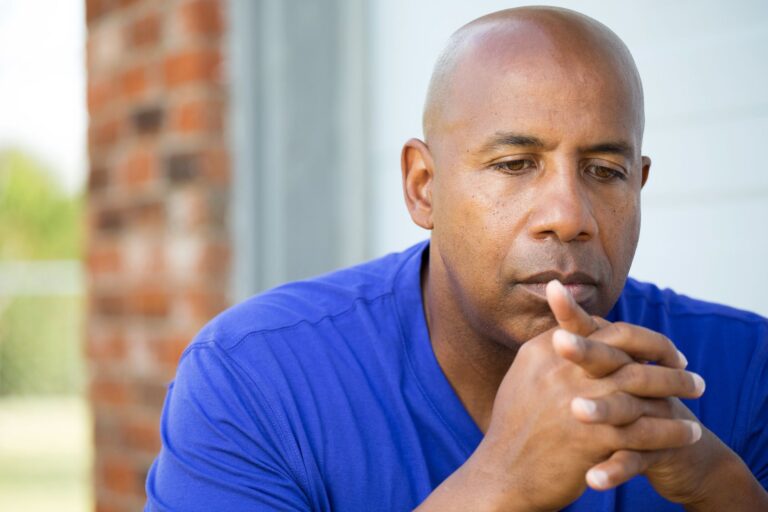Friendships are vital to human life and, often times, many of us feel that our friends are the family we’ve chosen for ourselves. Having the right kind of friends in life can make everything better; they improve our outlook on life, they extend opportunities to feel love and happiness, and most of all, they lend support and lift us up. There is also something to be said about the wrong kind of friends, however. As we grow older and experience life, we stumble into friendships that can fester into toxic relationships that are codependent and bring negativity into our lives.
When someone deals with addiction, many friendships come to a crossroads. There will be friends who cut contact or distance themselves unless the person is willing to seek treatment, and then there are friends who aid in drug misuse and enabling behaviors. These two types of friends are not always so obvious, and sometimes there is overlap between both. If you’ve come to a roadblock and want to deal with your addiction but feel that your friends won’t support or acknowledge it, there could be many reasons. It’s important to gain perspective on the issue in order to prepare for your next steps in seeking treatment.
They are in denial of their own addiction
Friends who party together tend to have similar habits. Those who misuse drugs as recreational fun will always share that bond. If your friends fail to acknowledge your addiction when approached with the discussion, it’s more than likely that they want to avoid looking inward at their own potential drug problem. Not only is the idea of addiction something they don’t want to consider, but they also don’t want to end the “fun”. Accepting that there is substance misuse in the friendship is a threat to the dynamic that you share. The possibility of the future changing can be alarming. Consider how many friends you’ve acquired simply through your addiction and how many of them have a common link to you strictly through using together. For many of them, it has been impossible to create honest friendships. It’s possible that they also feel comfort in your addiction that you are worse off than they are, thus making them feel better about their own misuse. These are the kind of friends that don’t want anything to change and will potentially sabotage your efforts to seek treatment for fear they will have to as well. After all, misery loves company.
They are ashamed
There is a large population of people who still heavily buy into the stigmas surrounding addiction. They still see addiction as something that happens to people who are weak and not as a disease. They could not be more wrong. There are many respected public figures and successful people who struggle with addiction behind closed doors because they are too afraid to seek help for fear of being shamed. Instead, they are forced to deal with their addiction in isolation which is incredibly difficult. There’s a strong possibility that if your friends won’t acknowledge your addiction, they are hoping you will deal with it on your own discreetly and quietly without tarnishing their reputation for simply knowing you. In gossipy social circles, news travels quickly and talk about addiction and treatment may not feel glamorous to them. These are the type of friends that would fall into the toxic category in life and should be dealt with accordingly.
They are simply unaware
Heavy drug use has become fairly normalized in today’s social culture, specifically in social scenarios. It’s possible that you have friends who simply are not aware that drug misuse is such a problem. Many could potentially be dealing with addictions themselves without even knowing it. If you’ve attempted to discuss addiction with them and they change the subject or glaze over the issue, they probably think they can stop what they are doing at any time. On the other hand, there are probably a handful of your friends who have not seen you during your drug misuse and simply feel that they aren’t educated enough to diagnose you with drug disorder. You may have unintentionally shielded certain friends from your drug misuse because it’s often difficult to look to our friends we care about deeply when we know we are struggling inside.
They’re hurt
Your addiction has changed your ways and probably caused you to mistreat some friends who care deeply about you. Because of their hurt feelings, they are unable to acknowledge that your behaviors are, indeed, being controlled by your addiction. If they feel wronged, it may be easier for them to cope with the current state of your friendship by being angry instead of compassionate or concerned. Many of these negative feelings stem from not understanding addiction as a disease. If these friends have previously been enablers in your addiction as they were attempting to help, they may also feel plagued with guilt. What they thought was helping was actually hurting you and now they are apprehensive about coming around and making things worse. These are not the friends to write off immediately and should be considered as people to make amends with upon treatment.
Ultimately, seeking treatment falls into your own hands. While it’s important to have a strong support system, we cannot always count on those who we call friends to get us through the hard times. Friendships are hard work and addictions are draining. It’s difficult to maintain true and valuable friendships when our focus is on misusing drugs. Luckily, treatment will prepare you to work on salvageable friendships while ending friendships that were negative forces in your life. Good friendships will only be amplified during recovery and having the right kind of people in your life will only amplify happiness and vitality.

